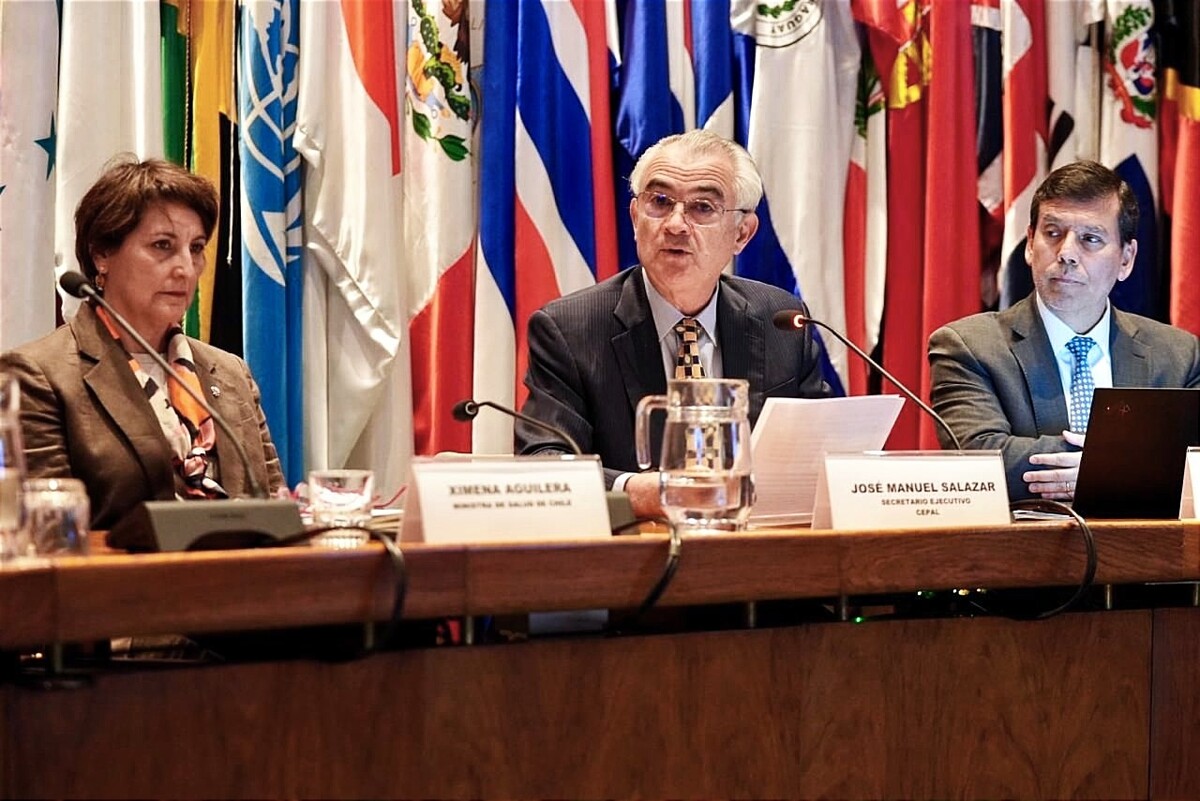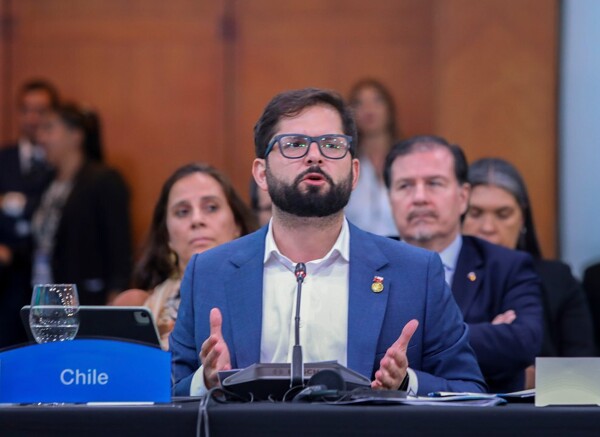
The Economic Commission for Latin America and the Caribbean (ECLAC) and the Pan American Health Organization (PAHO) have highlighted the importance of strengthening health systems in the region, especially after the impacts generated by the COVID-19 pandemic. According to the latest projections from ECLAC, only 22% of the Sustainable Development Goals (SDGs) will be achieved by 2030, reflecting the urgent need to accelerate compliance with these goals.
The health crisis has negatively affected the progress of the SDGs, especially in key health indicators such as maternal mortality, immunization coverage, and issues related to malnutrition and mental health. Inequality in the region is evident in figures such as maternal mortality, which is seven times higher in the lowest income quintile compared to the highest income quintile.
José Manuel Salazar-Xirinachs, Executive Secretary of ECLAC, emphasized the need for transformations in regional development models, where health plays a fundamental role in social protection, productivity, and sustainability. For his part, Jarbas Barbosa, Director of PAHO, highlighted the importance of overcoming barriers to access medical care to guarantee the right to health and promote universal health.
Both organizations have called on countries not to postpone health on the post-pandemic public agenda, urging to strengthen social agreements backed by solid fiscal pacts. Despite a 25% increase in public health spending in Latin America and the Caribbean between 2000 and 2014, the average of such spending represented only 4.5% of GDP in 2021, below the target of 6.0% proposed by PAHO/WHO.
It is essential to increase investment in hospitals, health centers, and in human resources, infrastructure, medications, and health technologies to ensure quality care for all. ECLAC and PAHO highlight the importance of consolidating universal, comprehensive, sustainable, and resilient health systems that ensure universal access to health care.
The integral and intersectoral approach in social protection and primary health care is considered essential to address the social determinants of health and reduce inequalities. In this sense, investment in the health sector is crucial to guarantee the right to health of the population and contribute to inclusive social development in the region.
In summary, the urgency of investing in health systems in Latin America and the Caribbean presents itself as an imperative to reduce inequalities and achieve the Sustainable Development Goals. The pandemic has revealed the fragility of health systems and the importance of strengthening them to face future crises more effectively.














